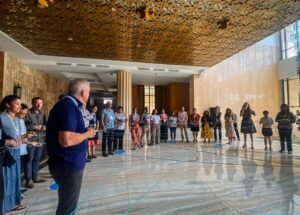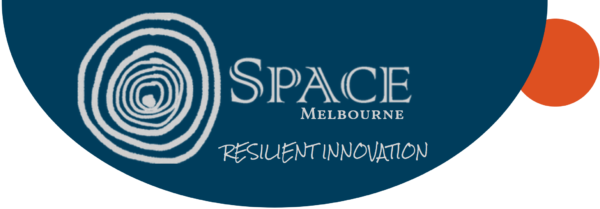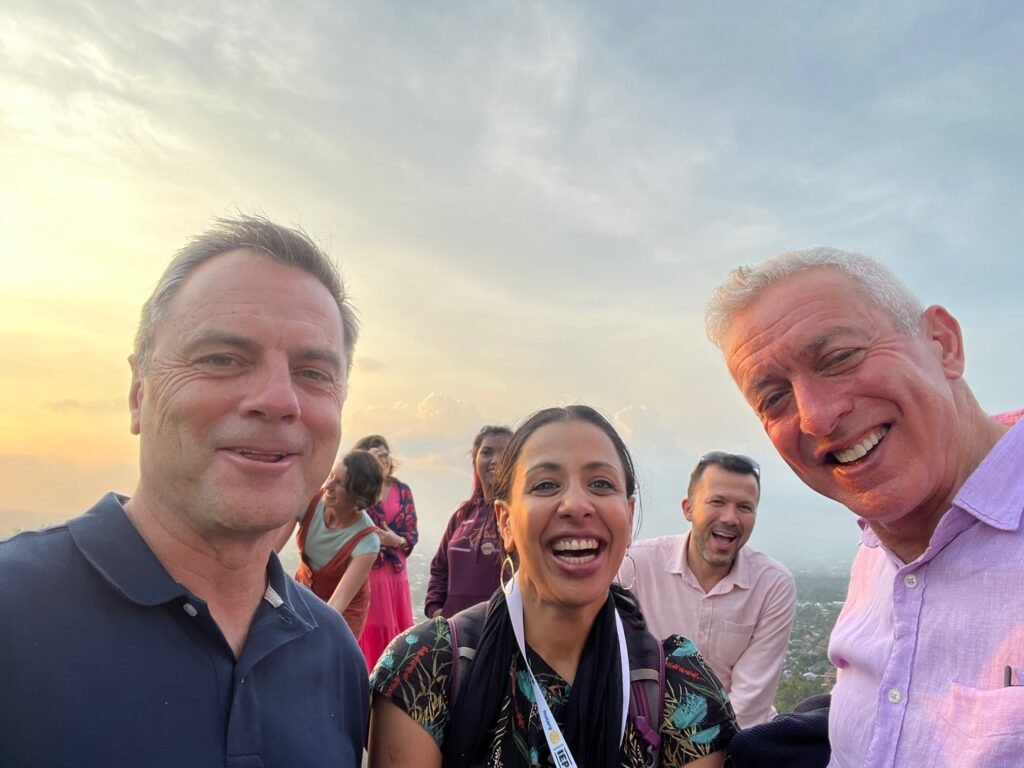The Rotary Positive Peace Activators Program, an initiative by Rotary International in collaboration with the Institute for Economics and Peace (IEP), is designed to foster sustainable peace by equipping individuals with the knowledge and tools necessary to build and maintain peaceful communities. This program trains selected Rotarians and peacebuilders from around the world, providing them with a comprehensive understanding of Positive Peace and the skills to implement peacebuilding projects in their local contexts. Space Melbourne assisted in the development of this program and co-facilitated with Rotary and IEP.

Overview of the Rotary Positive Peace Activators Program
The Rotary Positive Peace Activators Program is founded on the principles of Positive Peace, which the IEP defines as the attitudes, institutions, and structures that create and sustain peaceful societies. The program emphasizes eight pillars of Positive Peace:
- Well-Functioning Government
- Sound Business Environment
- Equitable Distribution of Resources
- Acceptance of the Rights of Others
- Good Relations with Neighbours
- Free Flow of Information
- High Levels of Human Capital
- Low Levels of Corruption
These pillars provide a holistic framework for understanding peace and the various factors that contribute to a stable and harmonious society. Participants, known as Positive Peace Activators, undergo rigorous training to deepen their understanding of these principles and learn practical strategies for implementing peace initiatives.
The Oceania Cohort: A Unique Journey
In the vast and diverse region of Oceania, the Rotary Positive Peace Activators program has brought together a dedicated group of peacebuilders. Comprising individuals from various Pacific nations, the Oceania cohort reflects the unique challenges and opportunities of this part of the world and embodies the spirit of unity and cooperation that the program aims to promote.
From May 17 to 20, 2024, 42 new peace activators gathered in Yogyakarta, Indonesia, to brainstorm and collaborate on mainstreaming peace across different sectors of society. This gathering was a rare opportunity to amplify voices often overlooked on the global stage. Pleasingly, a number of alumni of Space Melbourne Resilience Retreats and programs participated in the program.
Collaborative Efforts and Shared Goals
The gathering brought together policymakers, practitioners, scholars, business professionals, and activists to dream and plan responses to pressing regional issues. The IEP played a crucial role in guiding reflections by presenting their eight-pillar framework for peacebuilding. This model, rooted in Johan Galtung’s work on Positive Peace, emphasizes transforming attitudes, behaviors, and structures. It specifically focuses on the institutional and governance aspects of peace, linking a sound business environment, acceptance of rights, and well-functioning government to equitable resource distribution, free information flow, good neighborly relations, high levels of human capital, and low corruption.
Role of Space Melbourne
Space Melbourne co-facilitated the program with IEP and Rotary, using its activity-based approach to build relationships among the Activators. Through interactive sessions and team-building exercises, Space Melbourne helped bring the Activators together as a cohesive network. This approach fostered deeper connections and collaboration, ensuring that the Activators not only learned from the program but also built lasting relationships that would support their peacebuilding efforts in the future.

Cultural Context and Collaboration
During the stay in Yogyakarta, Indonesian Rotarians emphasized the importance of considering culture and context in designing peace initiatives. They generously shared their heritage, taking participants to Prambanan Temple to experience a retelling of the Ramayana epic, which deepened the cohort’s appreciation for their culture and worldview.
Gratitude and Forward Momentum
The Rotary Positive Peace Activators Program, provides invaluable opportunities for peacebuilders to collaborate and share insights. The friendships and connections forged during the program are expected to endure, fostering continued collaboration and innovation in peacebuilding efforts. Space Melbourne is delighted to have assisted facilitating this process.
As members of the Oceania cohort return to their respective regions, they carry with them the insights, strategies, and renewed determination to build Positive Peace. Their efforts highlight the importance of understanding and addressing the unique challenges faced by different communities, demonstrating the potential for positive change when individuals are empowered to take action. The Oceania cohort stands ready to tackle the challenges ahead, fostering a more peaceful and resilient Pacific.

